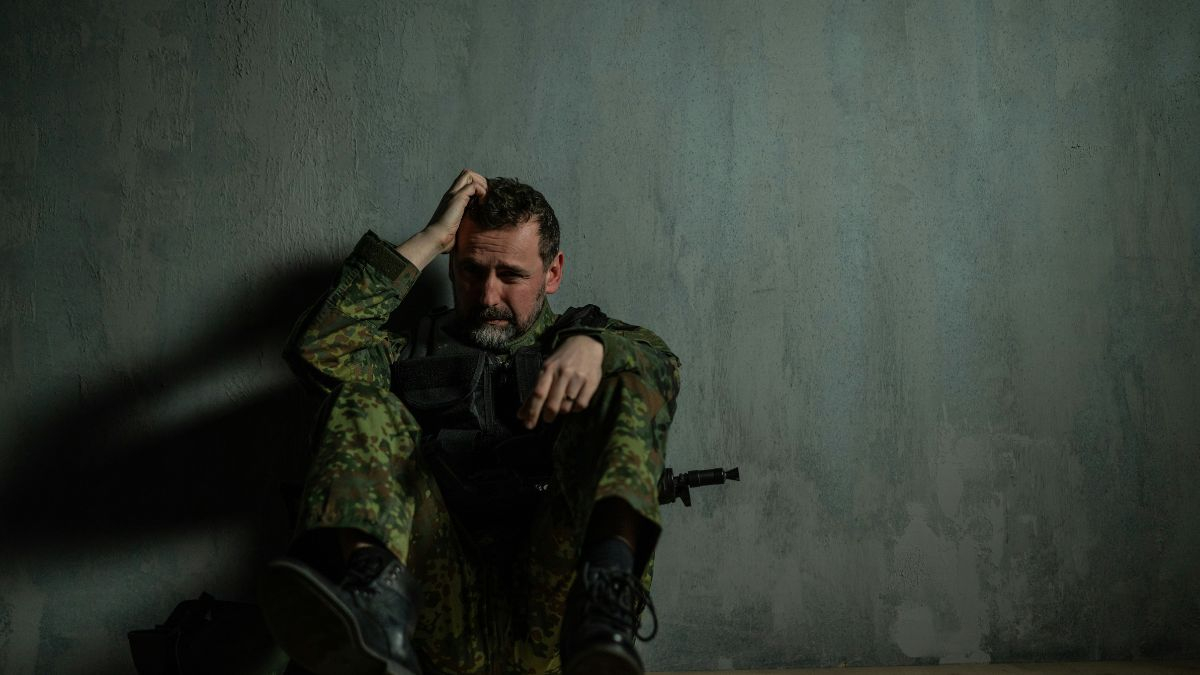What is the don’t ask, don’t tell settlement?
In a monumental step toward justice, the Pentagon has reached a historic settlement with over 35,000 LGBTQ+ veterans who were discharged under the discriminatory “Don’t Ask, Don’t Tell” (DADT) policy. This legal agreement allows these veterans to have their discharge paperwork corrected without enduring a lengthy legal process.
For those who received less-than-honorable discharges, the settlement includes an upgrade review to ensure they are granted the recognition and benefits they deserve. This marks a significant step in addressing the injustices faced by service members who were dismissed simply because of their sexual orientation.
What changes does the settlement bring for veterans?
The settlement introduces a streamlined process for correcting military records. Veterans who were discharged due to their sexual orientation can now:
- Remove biased language: References to sexual orientation as the reason for dismissal will be eliminated.
- Upgrade discharge status: Those denied honorable discharges can request an immediate review for an upgrade.
This streamlined process aims to remove the bureaucratic hurdles that many veterans have faced when seeking justice. Elizabeth Kristen, a senior staff attorney with Legal Aid at Work, stated, “This proposed settlement delivers long-overdue justice to LGBTQ+ veterans who served our country with honor but were stripped of the dignity and recognition they rightfully earned.”
Why is this settlement important?
The DADT policy, which banned openly gay and lesbian individuals from serving in the military, was repealed in 2011. However, the effects of this discriminatory policy lingered for years. Many veterans were left with discharge papers that not only reflected their dismissal but also barred them from accessing crucial benefits like:
- VA loan programs
- College tuition assistance
- Health care
- Certain federal jobs
This settlement helps correct those injustices, allowing veterans to reclaim the honor they earned through their service.
Sherrill Farrell, a U.S. Navy veteran and plaintiff in the case, shared her perspective: “When I was discharged because of my sexual orientation, I felt that my country was telling me that my service was not valuable—that I was ‘less than’ because of who I loved.”
How does the new process work?
Under the agreement, the Pentagon has committed to simplifying the discharge upgrade process. Key changes include:
- A shorter, two-page application for record corrections.
- No requirement for legal representation to apply.
- A commitment to process 90% of cases within 10 months.
These changes aim to reduce the burden on veterans, many of whom have spent years navigating a cumbersome and often inaccessible system.
How many veterans could benefit?
The settlement potentially impacts tens of thousands of veterans. According to a Defense Department Freedom of Information Act request, approximately 35,000 veterans were identified as being affected by DADT-related discharges. However, the actual number could be much higher.
Since the repeal of DADT, only 1,375 veterans have successfully received discharge upgrades or corrections. This settlement provides a path to justice for the many others who have been waiting for acknowledgment and respect.
What does this mean for the future?
The agreement not only provides relief for LGBTQ+ veterans but also serves as a reminder of the progress made in addressing past discrimination. Advocates hope it sets a precedent for how the military and government address injustices faced by marginalized groups.
For the veterans impacted, this is more than just a legal victory. It is a chance to restore their dignity, access the benefits they were unfairly denied, and have their service recognized for what it truly was—honorable.
This settlement marks a turning point in the fight for equality and justice for LGBTQ+ veterans. It acknowledges the sacrifices they made while serving their country and ensures they are treated with the respect they deserve.
